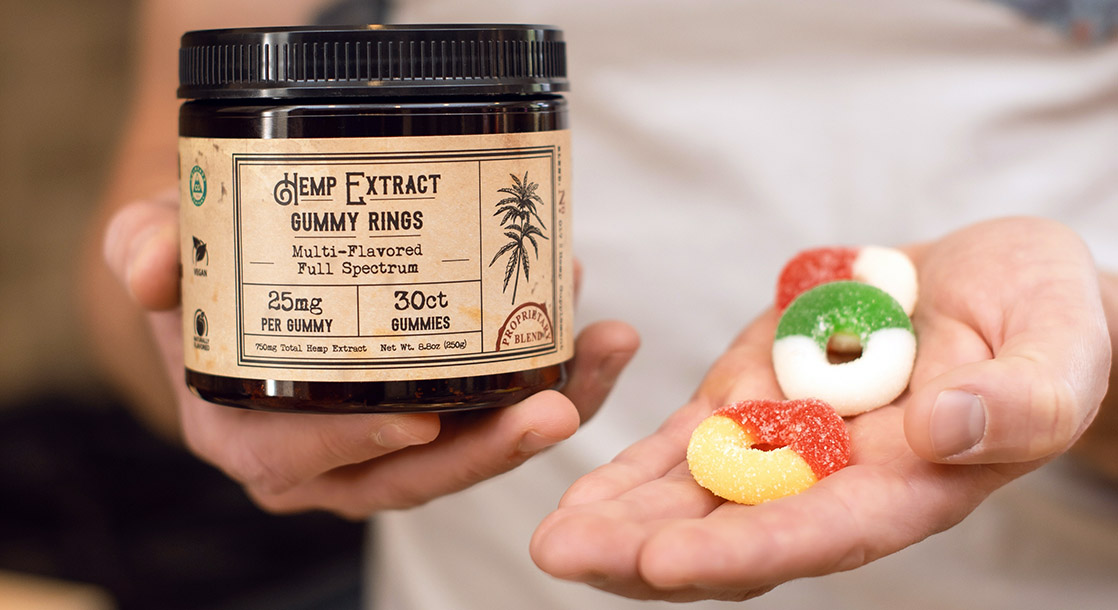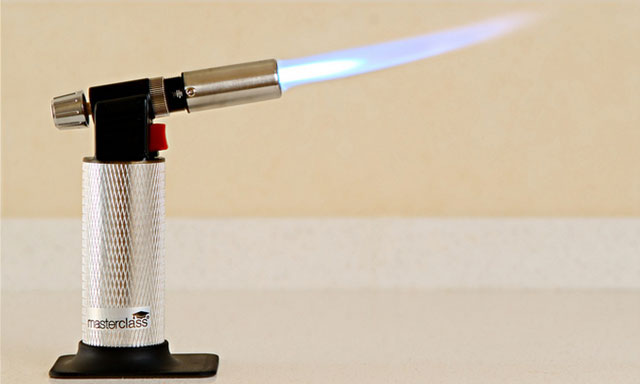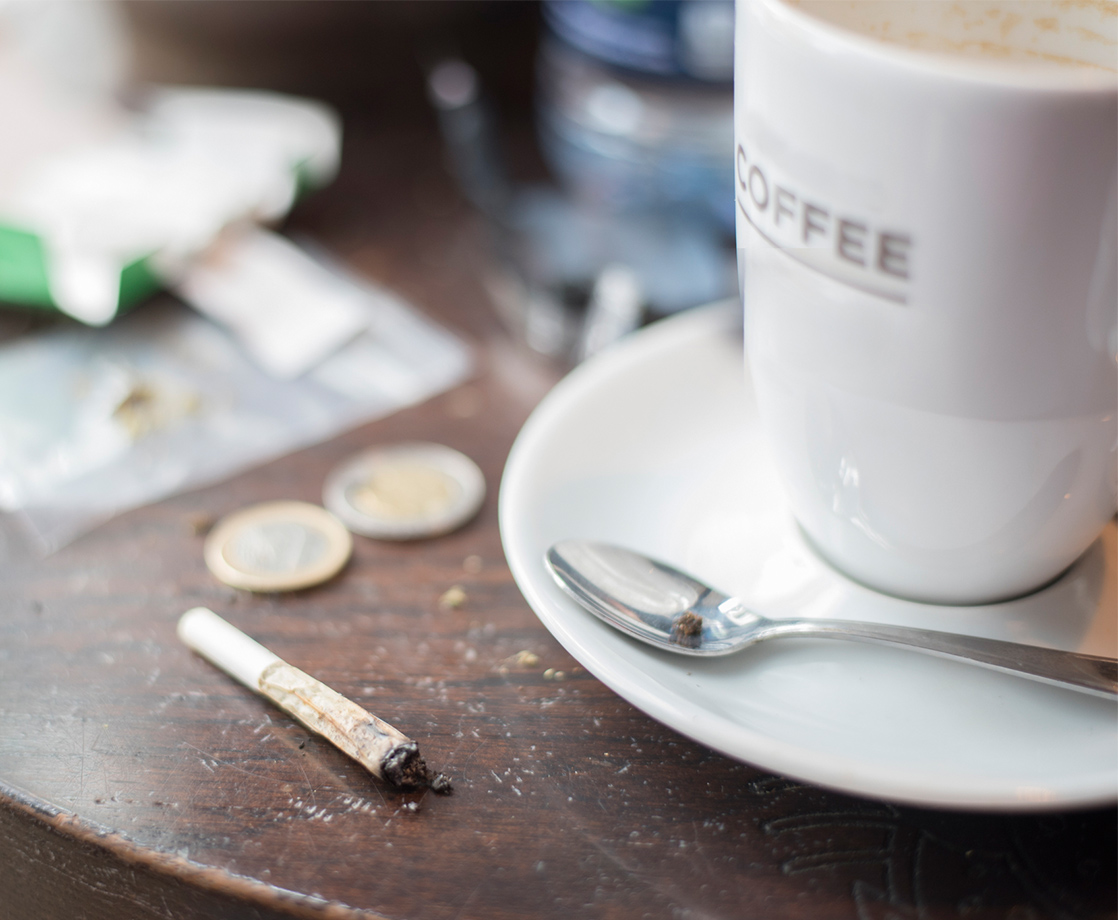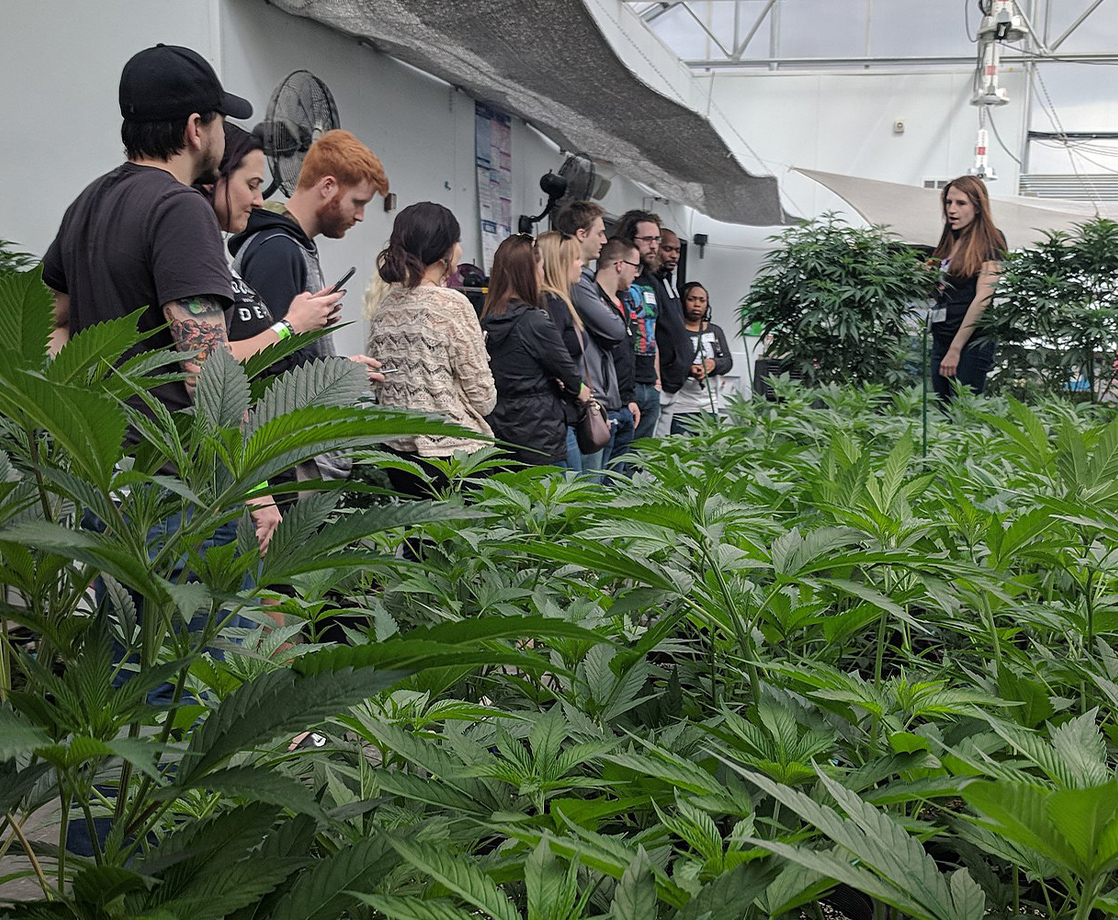Cover image via
Hawaii’s hemp industry regulators just banned the sale of smokable hemp flower, vape carts, and CBD-infused foods and beverages.
Earlier this month, the state health department released new regulations that ban nearly every hemp-infused product currently available in the state. Under the new rules, edible hemp products will be strictly limited to liquids, tablets, capsules, powders, softgels, or gelcaps. Hemp shampoos and topical lotions can still be sold, but smokable hemp flower, CBD vape carts, and CBD-infused gummies and beverages are now off the table.
The new rules also ban any “hemp-containing products that are intended to be introduced into the body via eyes, ears, nasal cavities, and other non-oral routes of entry.” Any retailer that is caught selling any of these newly-banned hemp products can be fined up to $10,000 for each offense, and any contraband products will be seized by the authorities.
State health officials explain that this extreme ban is “the next step toward regulating the growing hemp industry in Hawaii in a way that provides local hemp farmers a legal pathway to bring consumable hemp products to market while protecting consumers by requiring lab testing for contaminants and labeled cannabinoid content.”
Hemp production in Hawaii is already a struggle for local farmers, and these new rules blocking businesses from selling their most popular products are likely to make that struggle even harder. The state’s beautiful weather is great for tourism, but it is not ideal for cannabis cultivation. Shorter daylight hours during the winter tend to trigger hemp plants’ flowering phase too early, and the high humidity and strong winds also make cultivation difficult.
Hawaii initially set up a pilot hemp cultivation program under the auspices of the 2018 Farm Bill, which ended the federal prohibition of low-THC hemp plants and products. But when this program ended last fall, hemp farmers were forced to apply to the US Department of Agriculture (USDA) for new cultivation licenses.
Local farmers are concerned that these new rules will not prioritize local farmers over larger, national corporations, however. “I worry that it sets us up for hemp to be just a resource that is extracted from Hawaii,” said Gail Baber, owner of a licensed hemp company on Big Island, to Hemp Industry Daily.
The USDA licenses also come with their own restrictions, including a mandate that limits all hemp plants to a maximum THC content of 0.3 percent. Any hemp crop that tests higher than the limit must be destroyed, and if a cultivator tests over that limit on three separate occasions, they can lose their license for good.
Despite its reputation as a chill island getaway, Hawaii has been slow to accept cannabis legalization. The state originally legalized medical pot way back in 2000, but state lawmakers managed to delay medical cannabis sales until 2018. Governor David Ige has long opposed pot reform, and only begrudgingly allowed a very minor decriminalization bill to pass in 2019. Ige did at least approve a bill to legalize medical marijuana edibles last fall, but attempts at full adult-use legalization have failed to gain ground.
At the federal level, the US Food and Drug Administration (FDA) insists that adding CBD to food or health supplements is illegal, despite hemp and CBD being federally legal for over two years.











